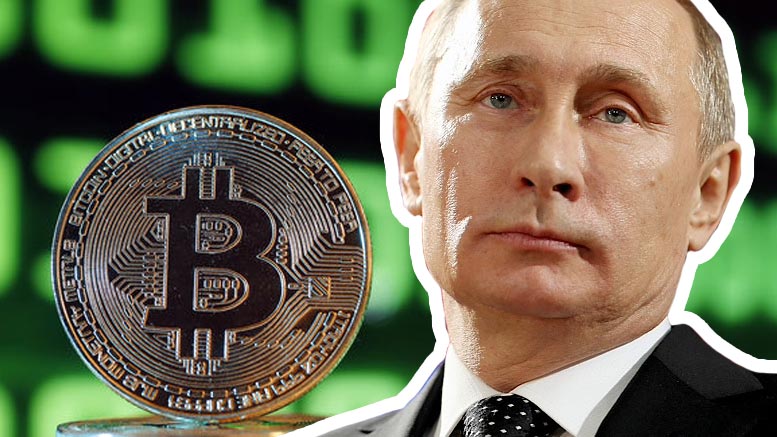Russia is planning to introduce her own ‘cryptorouble’ along the lines of Bitcoin to render Western economic sanctions on the country pointless.
Russian President Vladimir Putin has authorised the development of a state-run cryptocurrency, embracing the blockchain technology which forms the basis of Bitcoin and other digital currencies.
Apparently, Putin has been interested in cryptocurrency for some time, having met with the founder of Ethereum, Vitalik Buterin, last year.
Reportedly, he has now enlisted the advice of one Sergei Glasev
“This instrument suits us very well for sensitive activity on behalf of the state,” Glasvev said.
“We can settle accounts with our counterparties all over the world with no regard for sanctions.”
Any new cryptocurrency would be “the same rouble, but its circulation would be restricted,” he continued, with the Kremlin being able to track its movements.
Putin’s efforts to harness the digital technology follows a move by central banks to develop their own cryptocurrency which appears to fly in the face of the original aims of the technology – to be free of any government control.
While the European Central Bank (ECB) and the Bank of Japan have publicly declared the technology too “immature” as yet to be used as a payment system, other central banks, including Sweden’s Riksbank are considering launching their own digital currency and North Korea is suspected of having already stockpiled cryptocurrencies.
The goal of establishing a cashless society has been a major objective of globalism as demonstrated by the war against gold for centuries.
One hurdle voiced by notable advocates in the industry is that for cryptocurrency to become successful it has to function as an actual currency.
An apparent problem with cryptocurrency is that its value rests on a finite number of chips, the demand for which dictates any increase or decrease, while conventional money increases in value as a result of economic and industrial expansion.
Currently, the Federal Reserve issues debt obligations at interest and calls it ‘money’, while proponents of cryptocurrency maintain that a secure database ensures the stability of its value.
At this point in time, cryptocurrencies remain a curiosity for most with unexpected outcomes.
Experts have raised the alarm, warning that the rush to invest in Bitcoin has created a bubble similar to that of the ‘dot-com bubble’ of the late 1990s and early 2000s during which investors rushed to register web domains, with the bursting of which bringing about huge financial losses.
Evidently, Putin has every intention and a legitimate reason to make Russia’s cryptocurrency a success.
With patriots keen to dump the ‘bankster’ dynasties and their old monetary system, all eyes will be on Russia to see if they can indeed create an effective and viable alternative to circumnavigate the old order.





